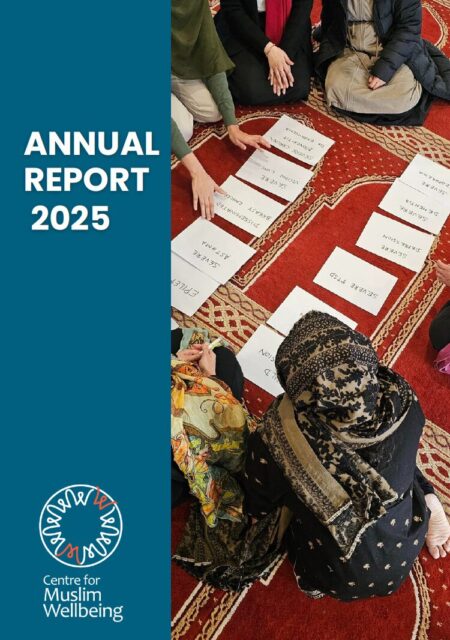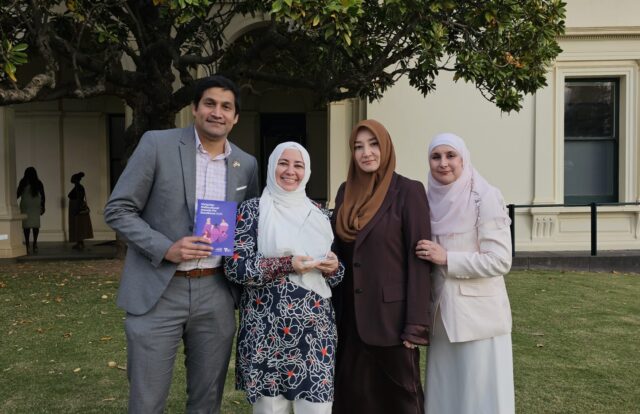When one falls pregnant, one experiences a lot of love and support. Women reaching out to touch the pregnant belly, friends vying to throw the baby shower, lots of tips about what to eat and what foods to avoid to ensure a healthy pregnancy – the joy permeates through every phone call and text. Hospitals will run a series of free workshops on breastfeeding, implying that is a very easy and intuitive process. Formula is never mentioned or encouraged. Pain relief during vaginal birth is covered to the nth degree. C-sections and the hellhole of recovery is not even brought up. Depressive episodes post-birth are dubbed the “baby blues” to minimise their effect. Women are told that they’d bond with their baby instantly and that would make all the pain and exhaustion worth it. No one spoke about how one can become delusional and disconnected through lack of sleep.
I had a C-section birth despite the hospital’s attempt to turn the breech baby, and didn’t bond with my newborn for at least a month. Despite lactation consults’ advice, I could not produce enough breast milk and had to switch to fully formula feeding after 3 weeks. I felt like I had let the mum club down, and more significantly, let my baby down. The maternal and child health nurse appointments tracked the baby’s growth and the nurse home visits did the same. No one asked me about myself and how I was going.
It all led to me developing severe postnatal depression and anxiety. I felt trapped and suffocated every day that I was home alone with my baby. I stopped showering or caring about myself. Mornings brought a flood of tears at the prospect of repeating my days. I was congratulated on having a happy and healthy baby, but I felt nothing, and keeping up that pretence made me feel even worse. I was an imposter, and the worst kind for not loving my baby enough and making my child the centre of my universe.
I wish I had asked my friends to visit me and told them how I felt instead of cutting myself off and secluding myself. I wish I had insisted on more help from my husband and parents. I wish I had been more proactive in seeking professional assistance and medication.
But most importantly, I wish I had advocated for myself more. That I had loved myself more, acknowledged my own past trauma and spoken to myself with more love and kindness rather than hate and disappointment. I wish I’d taken the anti-depressants earlier and seen a psychologist earlier.
Today, 3 years down the line, I am happy and healthy. I love my child more than anything in the world. I am outspoken about my needs and my child’s needs. I trust my instincts. I feel no shame or guilt in suffering through PND, and if anything, I provide open and honest feedback to mental health service providers and hospital programs.
Motherhood is beautiful, but it can also be isolating and brutal. It is time that women speak their truth and not gloss over this experience simply because were taught to or expected to. Motherhood is a badge of honour I wear proudly today because I am honest about what it entails, and hopeful about what it could mean for future generations, including my daughter.
About the author:
Anam Javed
Anam is a VCE Biology/Chemistry teacher at a government co-ed high school, working with young people between the ages of 12 to 18. She looks after their behavioural, academic and wellbeing needs while providing them with crucial real-world skills. Anam grew up in Pakistan, Malaysia and Brunei. She moved to Australia at the age of 19 to go to university. She speaks Urdu, Bahasa Melayu and of course English. Her long-term aim is to create a positive image of Muslims in the media, as the media is a tremendous stakeholder in influencing people’s perceptions of Muslims, especially in today’s volatile socio-political climate. She would like to engage more active youth members into interfaith programs, and encourage them to discuss and debate topical issues on religion and ethnics, along with up-skilling and training more young Muslims to develop a diverse and dynamic bank of future leaders. Anam would like to see the media engage with us positively and shed more light on the contributions of Muslims in Australia; and to see peak Muslim bodies united and working towards specific and strategies common goals. She would like the Australia-Muslim community to feel that their peak representative bodies adequately support and champion them. In addition, for trust building to occur between Muslims and other minority faith groups, so that we can collectively push for positive change. Lastly, her focus is Muslim youth, as Victorian Muslims are predominantly a young population and are facing great challenges like disillusionment due to bullying and racism. She would like to see young Muslims feel that they are valued and supported, and that they have equal opportunities to pursue their dreams and passions. Anam recently graduated from a Leadership course, which featured 30 different ethnic groups. She adores Melbourne’s cultural diversity and the fact that she can hear multiple languages spoken on just one tram journey on any day. Anam hopes to see an Australia that truly cherishes its cultural richness, and ethnic minorities wearing their skin colour and tongue twisting names as badges of pride.





